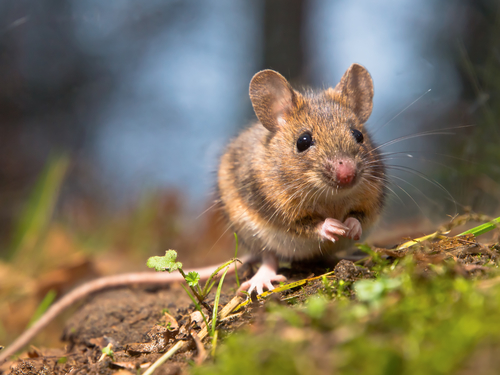Friesland mouse plague due to modern farming
 Last winter’s plague of mice in Friesland, which caused considerable damage to fields and dykes, was largely due to human behaviour, according to an official report published by the Frisian provincial government on Monday.
Last winter’s plague of mice in Friesland, which caused considerable damage to fields and dykes, was largely due to human behaviour, according to an official report published by the Frisian provincial government on Monday.
Farmers have created the ‘ideal landscape’ for field mice by developing dry pastures full of grass and with few natural enemies, the report said. Dry and warm winters also have an impact on the mouse population.
‘The mice obviously feel at home,’ researcher Klaas Talma is quoted as saying by broadcaster Nos. ‘And then they multiply, very quickly.’
Damage
The Dutch farming association LTO estimated the damage caused by mice at some €70m and said tens of thousands of hectares were affected. Dairy farmers were particularly hit because the mice ate grass roots, turning fields into deserts and ruining hay and silage crops.
Over 130 kilometres of dykes were also damaged by mice, making them more vulnerable to erosion.
Farmers can best combat the mice by working together and, for example, raising the water table in badly affected areas, the researchers said.
Thank you for donating to DutchNews.nl.
We could not provide the Dutch News service, and keep it free of charge, without the generous support of our readers. Your donations allow us to report on issues you tell us matter, and provide you with a summary of the most important Dutch news each day.
Make a donation